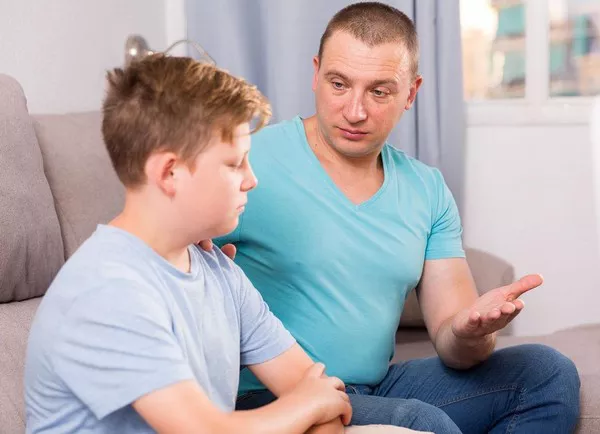North Texas — Communities In Schools of the Dallas Region is expanding its impact beyond the classroom with a new initiative aimed at equipping adults with essential skills to support youth facing mental health challenges. The nonprofit organization, which places trained staff in schools to assist “at-risk” students and their families, is now offering free Youth Mental Health First Aid (YMHFA) training.
This training is designed to prepare teachers, parents, and other adults to recognize and respond effectively to mental health crises in children and adolescents. Much like traditional first aid prepares individuals to handle physical emergencies, YMHFA equips participants with the tools to address mental health emergencies that may not always be visible.
Hillary Evans, a mother of three and a graduate of the YMHFA training, emphasizes the importance of these skills. “It’s crucial to maintain an open dialogue and be able to recognize the signs of mental health challenges, even through nonverbal cues,” Evans noted. She views these skills as essential for preparedness in a range of scenarios.
Communities In Schools of the Dallas Region supports over 100 schools across 12 districts, focusing on students who are deemed “at-risk.” Among the 10,000+ students they assist, 61% meet state criteria for being at risk of dropping out, a rate 7% higher than the state average.
Dr. Summer Rose, the organization’s Chief Clinical Officer, underscores the program’s mission: “We are centered around keeping kids in school. Our goal is to ensure students remain in their educational environments.”
The YMHFA course covers common mental health issues, typical adolescent development, and a structured 5-step action plan for intervention. Topics include anxiety, depression, substance abuse, disruptive behavior, and eating disorders.
“This course is designed to help adults understand the signs and symptoms of a mental health crisis in youth and provide guidance on how to respond effectively,” Dr. Rose explained.
Evans, reflecting on the importance of the training, stated, “Youth are facing mental health challenges at increasingly younger ages due to various environmental factors, from social media to academic pressures.”
The training is not intended to diagnose mental health conditions but to offer a structured approach to recognize and address issues as they arise. “During a crisis, emotions can run high, and this training provides a framework for action,” Evans added.
As an advocate for youth mental health, Evans highlights the necessity of being prepared: “One in five youth will face a mental health challenge at some point in their lives. It’s not a question of if, but when.”
The next session of free YMHFA training will be held on Wednesday, October 23rd, from 9 a.m. to 3 p.m. The eight-hour course includes two hours of online pre-work to be completed prior to the in-person session.
Related Topics:



























